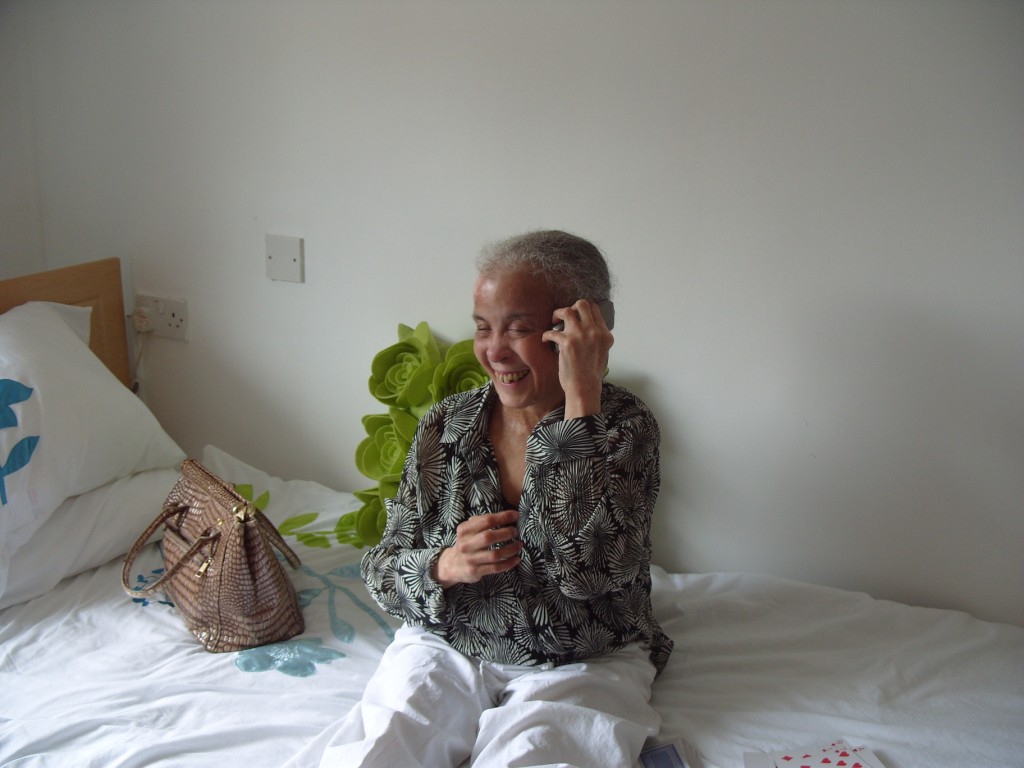
By the time Robin Kitt Callender died, she had endured eight weeks of intermittent vomiting and diarrhoea, and her weight had fallen to five stone. In the four months before she collapsed at her Essex care home, the 53-year-old had visited her GP six times and A&E twice, but her inflammatory bowel disease remained undiagnosed.
Callender, who was severely autistic and partially sighted, with communication difficulties, died on 23 May 2012, less than 24 hours after finally being admitted to hospital.
An inquest last week concluded that she died from natural causes contributed to by neglect, with failings by her GP and hospital staff and missed opportunities to save her. Care home staff took her to the doctor, but failed to tell her sister (who usually accompanied her to medical appointments) of the severe symptoms until the day before she died.
There are 1,200 avoidable deaths of learning-disabled people in the NHS every year, according to Mencap’s research into “death by indifference”. A government-commissioned confidential inquiry into the premature deaths of people with a learning disability found that, on average, people die 16 years sooner than in the general population, with many deaths avoidable.
Among the families seeking answers and lobbying for change is that of Connor Sparrowhawk. Two years ago this month, the 18-year-old, who had a learning disability and epilepsy, was admitted to a specialist NHS inpatient unit in Oxford and drowned in the bath less than four months later. His preventable death led to the Justice for LB campaign and an inquest is due this summer.
The circumstances in the cases of Sparrowhawk and Callender are very different, but the principle is the same: people with a learning disability are dying because they do not receive the same quality of care as other people.
There’s more of my piece in The Guardian.
